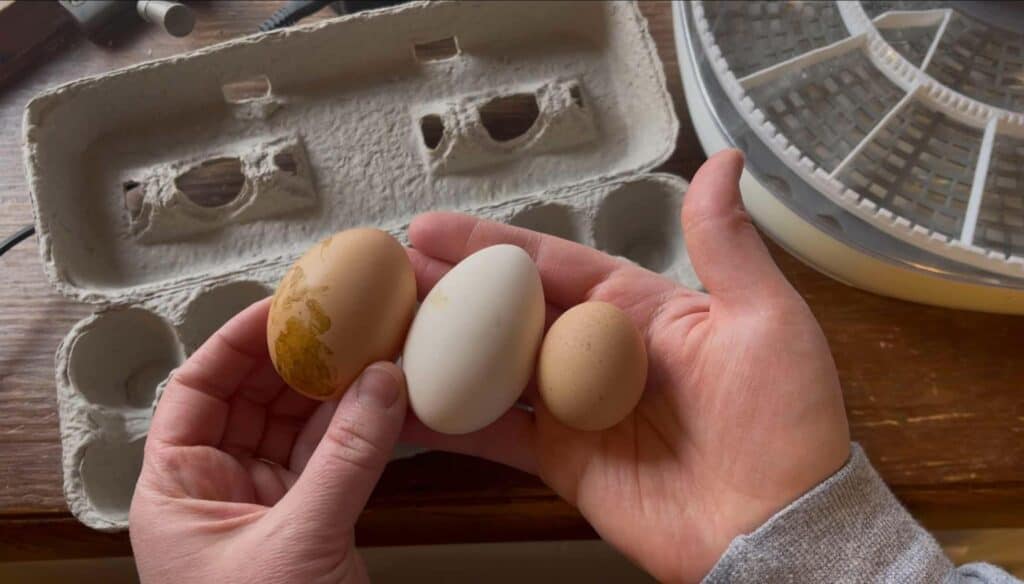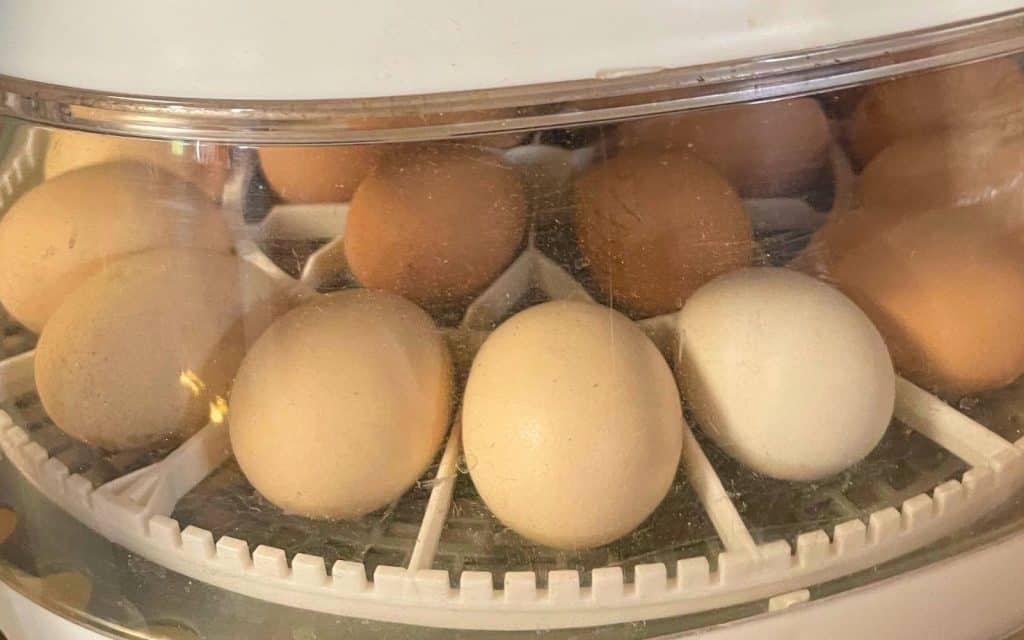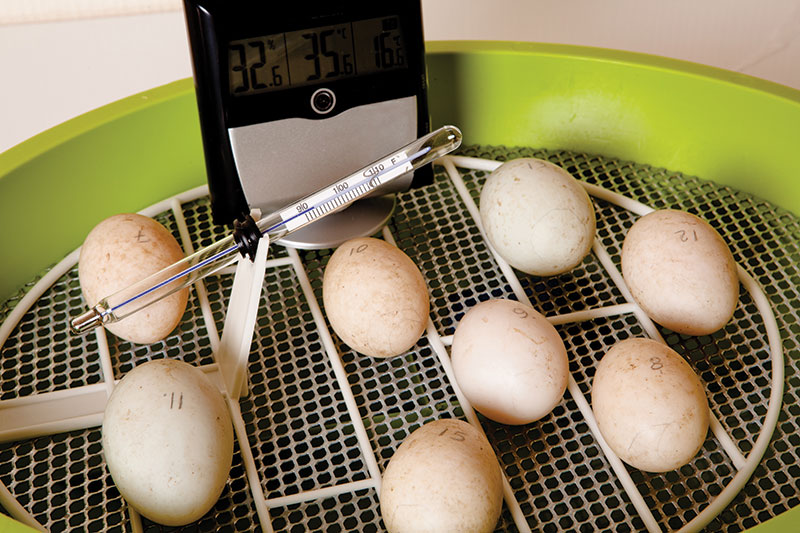In the world of poultry farming, the concept of energy efficient incubators has gained remarkable attention. These innovative devices are revolutionizing the way eggs are hatched while prioritizing energy conservation and sustainability. As the demand for sustainable practices grows, energy efficient incubators have emerged as a crucial tool for chicken lovers and farmers alike.

Understanding Energy Efficient Incubators
The primary focus of energy efficient incubators is to reduce energy consumption without compromising the quality of the hatching process. These incubators are designed to provide optimal conditions for egg incubation while minimizing the environmental impact. By utilizing advanced technology, they ensure precise temperature and humidity control, essential for successful hatching.
Why Choose Energy Efficient Incubators?
Choosing energy efficient incubators not only benefits the environment but also offers economic advantages. Reduced energy consumption leads to lower electricity bills, making it a cost-effective choice for poultry farmers. Additionally, these incubators contribute to sustainability by reducing carbon footprints, aligning with the global push for eco-friendly practices.
Key Features of Energy Efficient Incubators
Modern energy efficient incubators come equipped with a range of features designed to optimize the hatching process while conserving energy:
1. Advanced Temperature Control
Maintaining a consistent temperature is crucial for successful egg incubation. Energy efficient incubators employ advanced temperature control mechanisms that ensure stability, enhancing hatch rates.
2. Humidity Regulation
Humidity plays a vital role in the incubation process. These incubators integrate humidity sensors and control systems, ensuring the ideal environment for embryo development. For more details on maintaining humidity, visit humidity tips.
3. Eco-Friendly Materials
Constructed with eco-friendly materials, energy efficient incubators are designed to minimize environmental impact. This choice of materials aligns with sustainable practices and reduces the overall carbon footprint.
Benefits of Using Energy Efficient Incubators
The adoption of energy efficient incubators offers numerous benefits beyond energy conservation:
1. Improved Hatch Rates
With precise temperature and humidity control, these incubators significantly enhance hatch rates, ensuring a higher yield for poultry farmers.
2. Cost Savings
Reduced energy consumption translates into lower operational costs, making energy-efficient incubators a financially savvy investment for both small-scale and large-scale poultry operations.
3. Environmental Impact
By reducing energy consumption and utilizing eco-friendly materials, these incubators contribute to a healthier planet. They align with the growing demand for sustainable agricultural practices.
Challenges in Implementing Energy Efficient Incubators
While the benefits are compelling, implementing energy efficient incubators may come with challenges. Initial costs can be higher compared to traditional incubators. However, the long-term savings in energy bills and increased hatch rates often outweigh the initial investment.
Overcoming Challenges
To overcome these challenges, farmers can explore financing options or government incentives that support sustainable agricultural practices. Additionally, increased awareness and education about the long-term benefits can drive adoption.
Future of Energy Efficient Incubators
The future of energy efficient incubators looks promising as technology continues to evolve. Innovations in automation and IoT integration are expected to further enhance their efficiency and ease of use.
Technological Advancements
Advancements in sensor technology and data analytics will enable more precise monitoring and control of incubation conditions, further improving hatch rates and energy efficiency.

Frequently Asked Questions
What are energy efficient incubators?
Energy efficient incubators are devices designed to provide optimal conditions for egg incubation while minimizing energy consumption and environmental impact.
How do energy efficient incubators work?
These incubators utilize advanced technology for precise temperature and humidity control, ensuring successful hatching with reduced energy usage.
Are energy efficient incubators cost-effective?
Yes, despite higher initial costs, energy efficient incubators lead to significant savings in energy bills and improved hatch rates, making them a cost-effective choice in the long run.
For more information on caring for hatching eggs, visit Care and Incubation of Hatching Eggs.
This article contains affiliate links. We may earn a commission at no extra cost to you.











